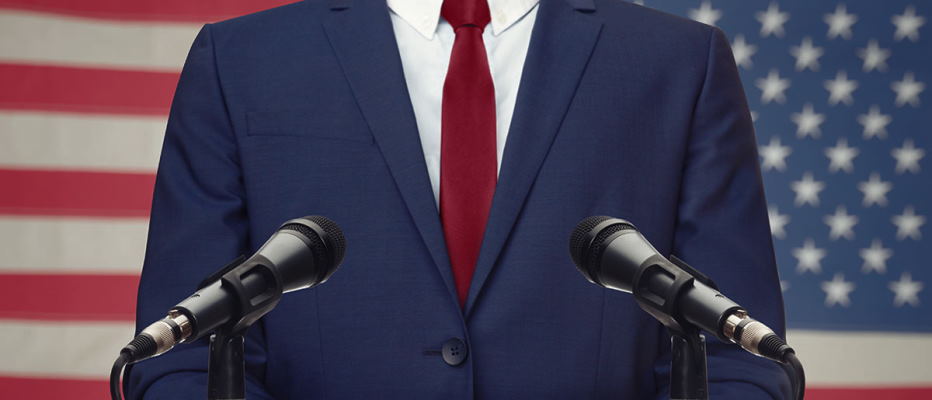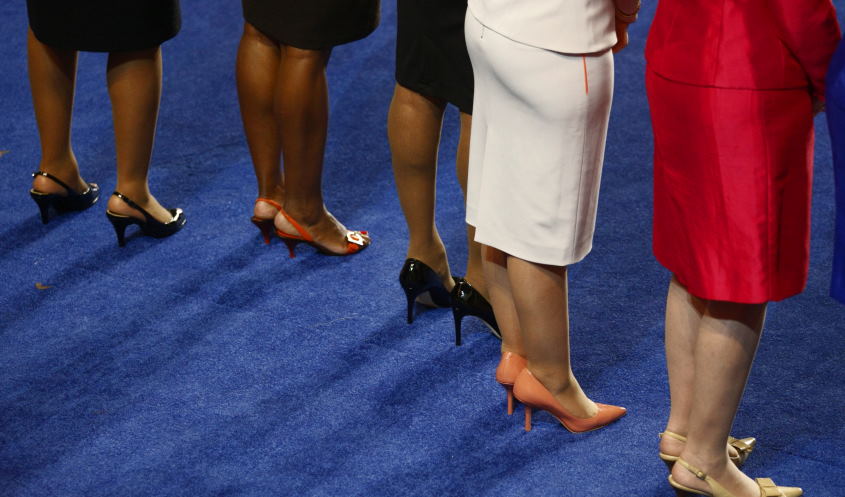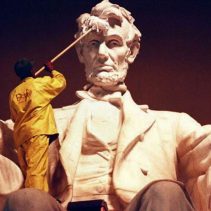In the run-up to any election, candidates put a lot of effort into crafting their image and presenting themselves in the best possible light to the voting public. However, what many people don’t realize is that a candidate’s looks can also significantly impact their chances of winning. A recent study has shown that voters are more likely to cast their ballots for candidates considered attractive, even if they lack other qualifications. This finding could have important implications for upcoming elections.
Appearance looks preferences in politics
Elections are the main way we pick our leaders. In a democracy, elections are one of the most important ways to ensure that nobody has too much power or influence over us. In addition, they help us have confidence in government and limit corruption, which is sadly still common even in democratic countries today! But what does it take for an election candidate to win? Is it just about policy? Or do people vote based on looks as well?

How a person’s physical appearance can affect their chances of winning an election. You might think this doesn’t seem like such an important thing – but actually, researchers have found strong evidence showing that good-looking candidates have an advantage over their less attractive rivals. They have also shown that this happens even in countries where the government tries to stop discrimination based on race or gender!
First, let’s look at the evidence for these claims and see what it can tell us about democracy. Then we will think about whether this is fair – if people are voting for looks instead of policy, does that mean our political system isn’t working as well as it should? Finally, we will consider some practical solutions which governments could use to help address this problem.
Why does appearance matter in politics?
We all know that looks matter, especially when it comes to politics. A physically unattractive politician is at a disadvantage because they cannot convey the same level of trust and authority as their more attractive counterparts. Additionally, research has shown that people are more likely to vote for a good-looking candidate, even if they do not agree with their policies. This raises the question: why do appearances matter so much in politics?

Appearance matters in politics because people want to see their leaders looking strong and capable. A leader who looks like they can handle the job will be more likely to be elected or re-elected. Additionally, a leader’s appearance can send a message about the kind of government they represent. For example, a country with a strict dress code may appear to be more conservative than one where leaders wear less formal clothing.
There are also practical reasons why appearance matters in politics. For example, if a leader is covered in mud after an election, it may make it harder to govern effectively. Similarly, if a leader appears sick or frail, it may make the public worry about their health and stability.



 Now that Philadelphia is beginning to prosper again, the question is this: Will we have prosperity only for some, or will we have prosperity with equity, prosperity with integrity, and prosperity with justice for all?
Now that Philadelphia is beginning to prosper again, the question is this: Will we have prosperity only for some, or will we have prosperity with equity, prosperity with integrity, and prosperity with justice for all? 